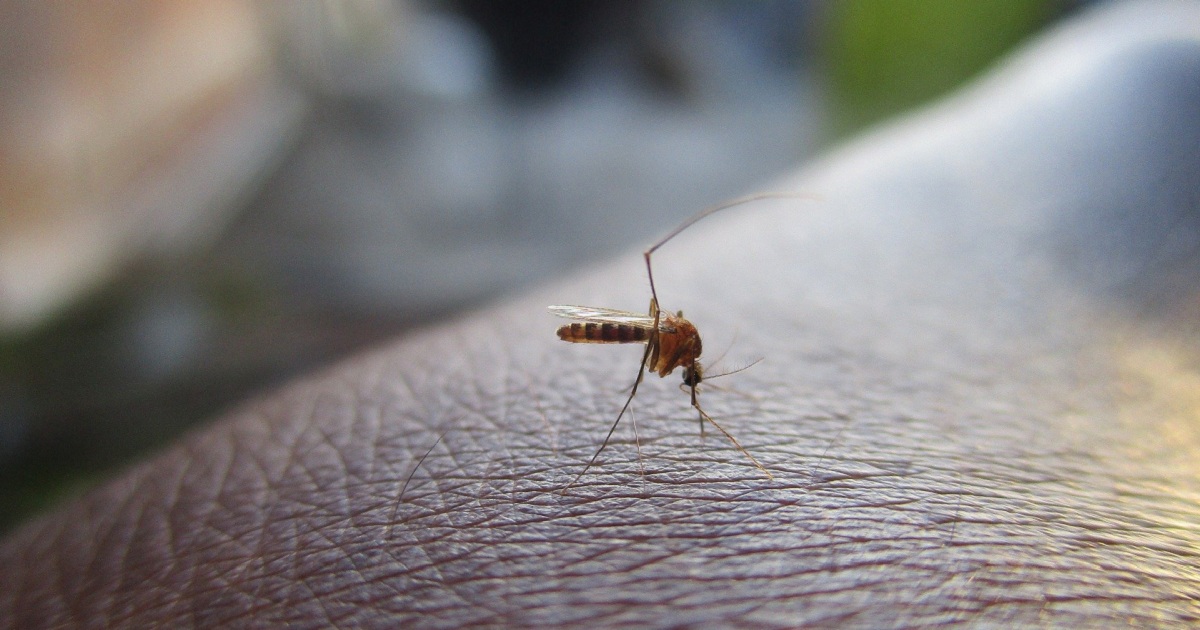Set of genes predicts severity of dengue, study reports
Medical Xpress | January 29, 2019

There's no such thing as a "good" case of dengue fever, but some are worse than others, and it's difficult to determine which patients will make a smooth recovery and which may find their condition life-threatening. Now, after scouring the gene expression of hundreds of patients infected with dengue virus—a mosquito-borne virus that can cause fever and joint pain, among other symptoms—scientists at the Stanford University School of Medicine have found a set of 20 genes that predict who is at the highest risk of progressing to a severe form of the illness. Every year, between 200 million and 400 million people in tropical and subtropical regions of the world contract dengue fever, and about 500,000 of those cases are fatal. For the most part, people with the disease recover after receiving some fluids and a few days' rests, said Purvesh Khatri, Ph.D., associate professor of medicine and of biomedical data science. "But there's a smaller subset of patients who get severe dengue, and right now we don't know how to tell the difference."